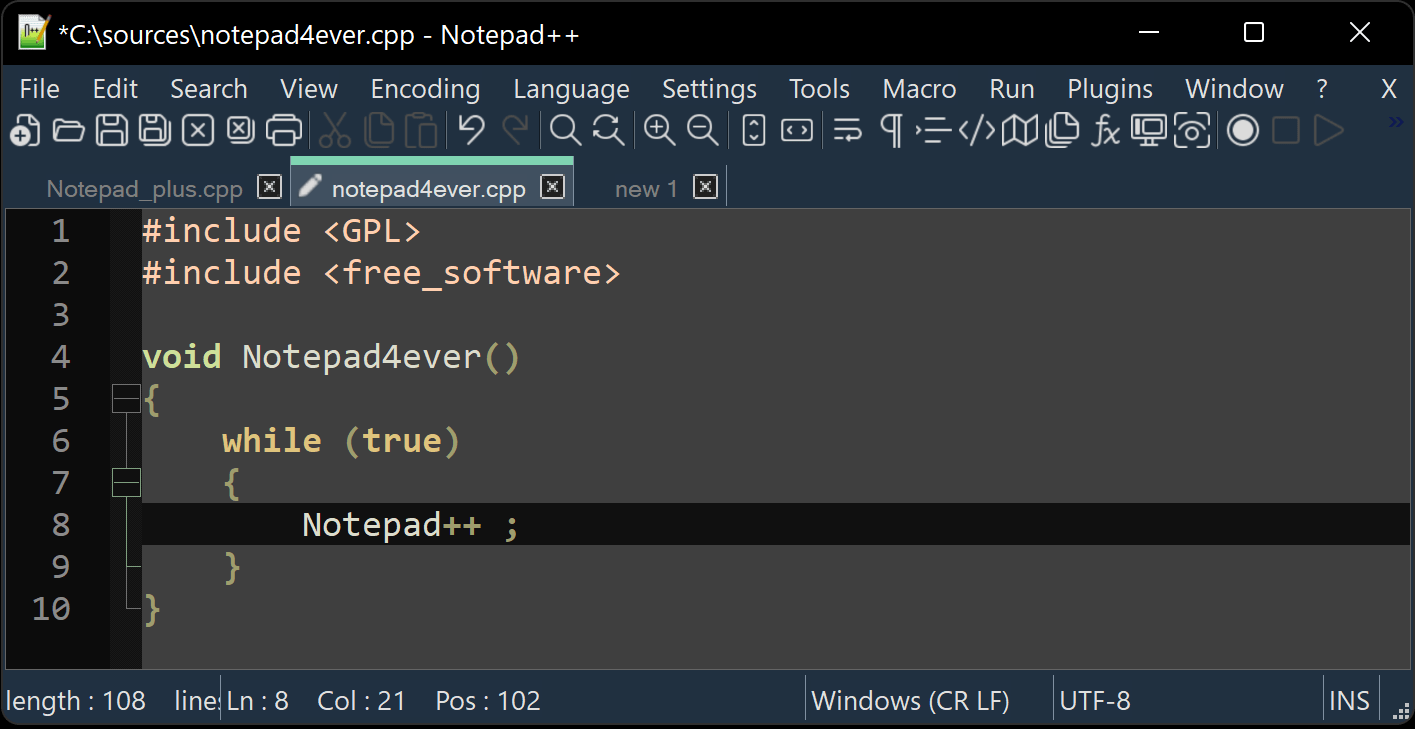News Blast
Your daily source for the latest news and insights.
Code Like a Chef: Ingredients for Digital Deliciousness
Unlock coding secrets with Code Like a Chef! Discover the recipe for digital deliciousness and elevate your skills to gourmet level.
5 Essential Coding Ingredients for a Flavorful Project
When embarking on a new coding project, it's crucial to incorporate the right elements to ensure its success. Here are 5 essential coding ingredients that will help you create a flavorful project:
- Clean Code: Writing clean and well-organized code is fundamental. It enhances readability and maintainability, which are vital for collaboration and future updates.
- Version Control: Utilizing a version control system like Git allows you to track changes, collaborate effectively with others, and roll back to previous versions if needed.
Additionally, consider these last three ingredients to round off your project:
- Testing: Implementing automated tests ensures that your code works as intended and helps catch bugs early in the development process.
- Documentation: Comprehensive documentation makes your project accessible and easy to understand for both current and future developers.
- Continuous Integration: Setting up a CI pipeline automates the testing and deployment process, reducing the risk of errors and improving overall efficiency.

How to Whip Up Clean Code: Tips for Digital Chefs
In the kitchen of software development, clean code serves as the essential ingredient for a successful dish. Just as a chef relies on fresh ingredients to create a mouthwatering meal, a programmer must cultivate a codebase that is easy to read, maintain, and scale. Here are a few key tips for achieving the perfect balance in your coding recipe:
- Use meaningful names: Your variables and functions should clearly reflect their purpose.
- Keep it simple: Aim for simplicity in your logic; complex solutions often lead to bugs.
- Refactor regularly: Tidy up your code at regular intervals to keep it fresh and maintainable.
Another vital aspect of whipping up clean code is ensuring that you adhere to established best practices. This includes consistent formatting, proper use of comments, and embracing design principles like DRY (Don't Repeat Yourself) and KISS (Keep It Simple, Stupid). Remember, a well-organized and structured codebase is akin to a perfectly arranged kitchen, where every utensil has its place. By taking these steps, you not only enhance the quality of your work but also contribute to a more collaborative and efficient environment for your entire development team.
Are You Using the Right Tools? Essential Software Ingredients for Developers
In today's fast-paced tech environment, developers must equip themselves with the right tools to enhance productivity and ensure high-quality output. Essential software ingredients can vary depending on the specific needs of a project, but there are several categories that every developer should consider. First and foremost, an effective code editor like Visual Studio Code or Sublime Text is crucial, as it provides syntax highlighting, debugging tools, and extensions that simplify coding tasks. Additionally, version control systems such as Git are indispensable for managing changes and collaborating with team members, while project management tools like Trello or Jira ensure that tasks are organized and deadlines are met.
Beyond these fundamental tools, developers should also explore various frameworks and libraries that can speed up development processes. For instance, utilizing React or Angular for front-end development can significantly reduce the amount of time taken to build interactive user interfaces. Furthermore, maintaining a robust backend can be achieved through relational databases like MySQL or NoSQL options such as MongoDB. In summary, leveraging the proper tools not only streamlines the development workflow but also enhances collaboration and project success. Are you currently using the right tools for your development needs?